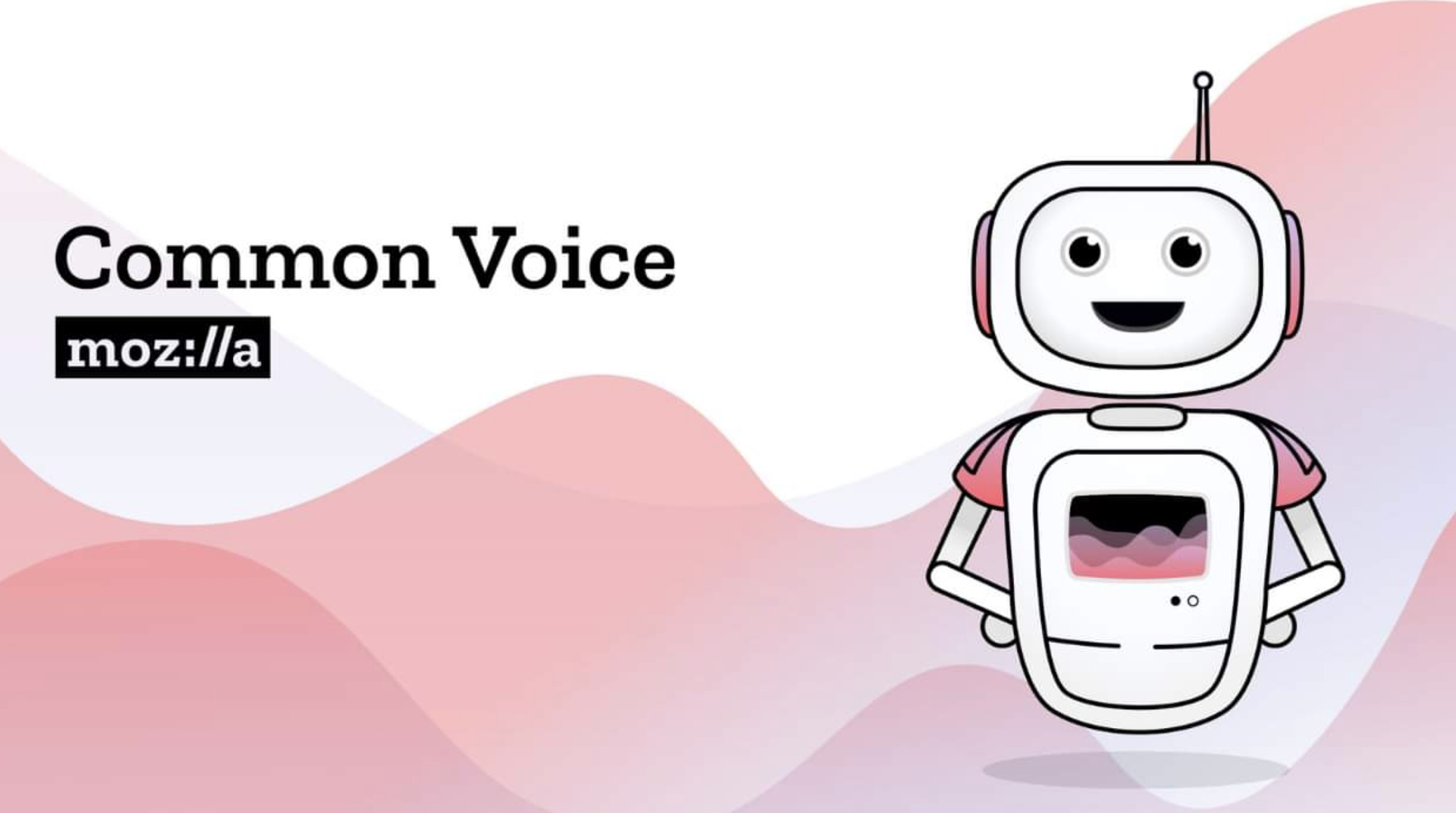Mozilla has added West Africa’s Twi language to its Common Voice Project

Most people in Ghana speak Twi as either the first or second language although English is the official language for education and business. Estimates claim that four in five people speak Twi, and the language has several dialects. It’s also used in Benin and Côte d’Ivoire.
Nearly 18 million people speak the language, signalling a great potential for its usage for Mozilla’s Common Voice Project, an open source database of languages outsourced from real people who speak them.
MoTwi has now become the 100th language to be added to the Common Voice project. Across Africa, languages such as Kiswahili, Luganda, Hausa, Tigrinya, Tigre, Igbo, and Kinyarwanda have already been added to Common Voice.
There have been complaints about African languages being left out of the internet and running the risk of eternally being eliminated.
“if a machine doesn’t understand your language it will be like it never existed,” commented Vukosi Marivate, chief of data science at the University of Pretoria, South Africa.
Internet-based platforms have not put a lot of effort into preserving African languages online.
This observation can best be understood from the failure of platforms such as Google and Wikipedia to provide proper support features. These platforms, observers say, “exclude almost half the African population on the basis of primary language.”
“We’re thrilled that Twi is the 100th language on Common Voice. The heart of this project is making it easier for language communities around the world to tap into the possibilities of speech technology — creating a healthier and more open AI ecosystem.” Said Em Lewis-Jong, Mozilla Common Voice project Product Lead.
Follow us on Telegram, Twitter, and Facebook, or subscribe to our weekly newsletter to ensure you don’t miss out on any future updates. Send tips to info@techtrendske.co.ke



